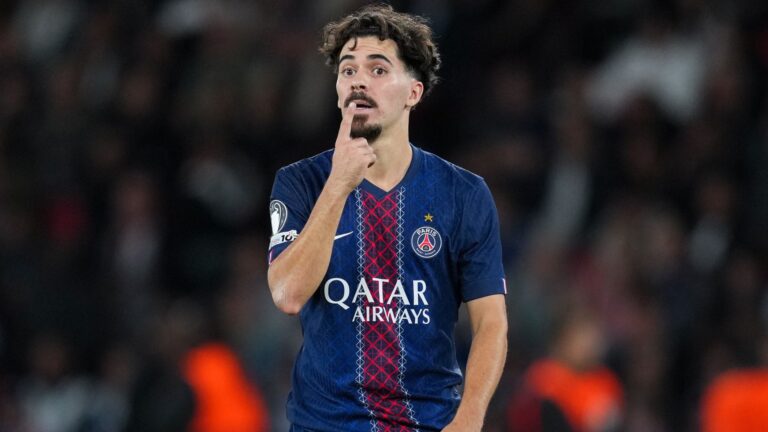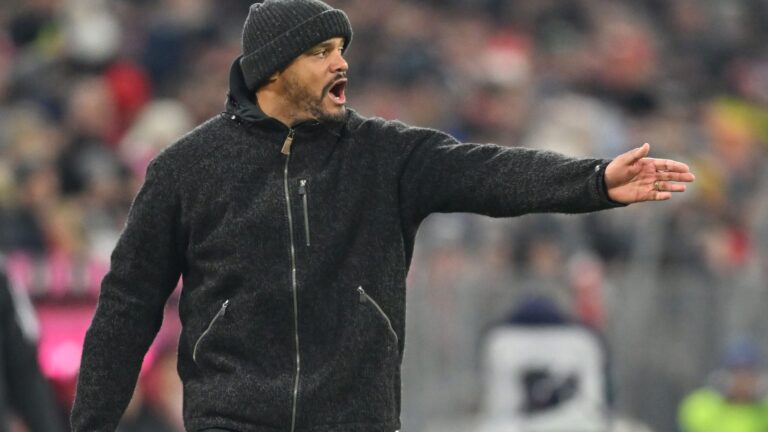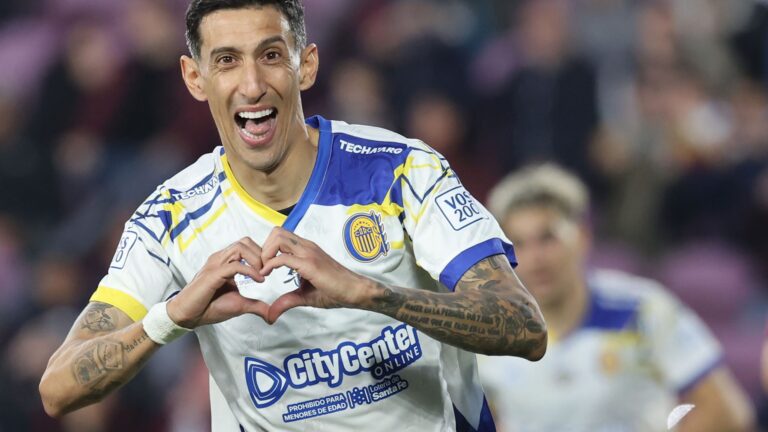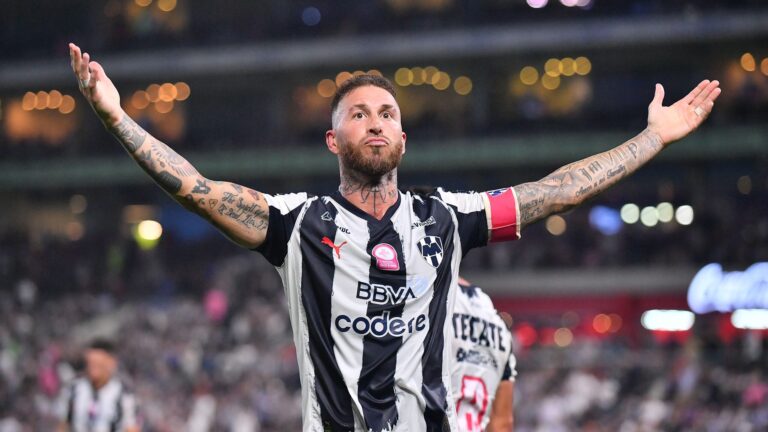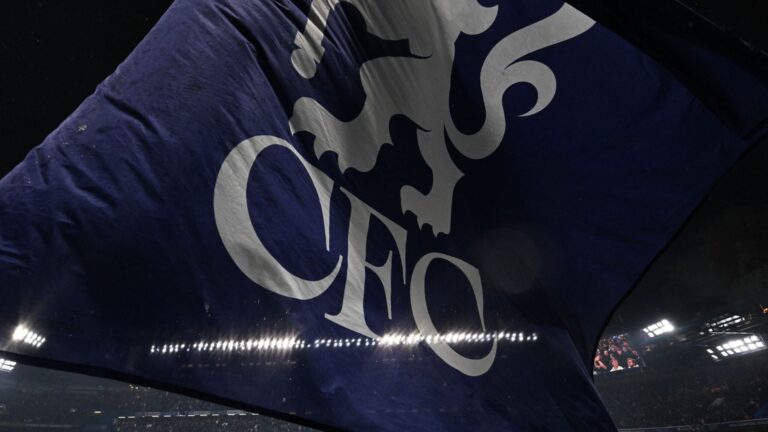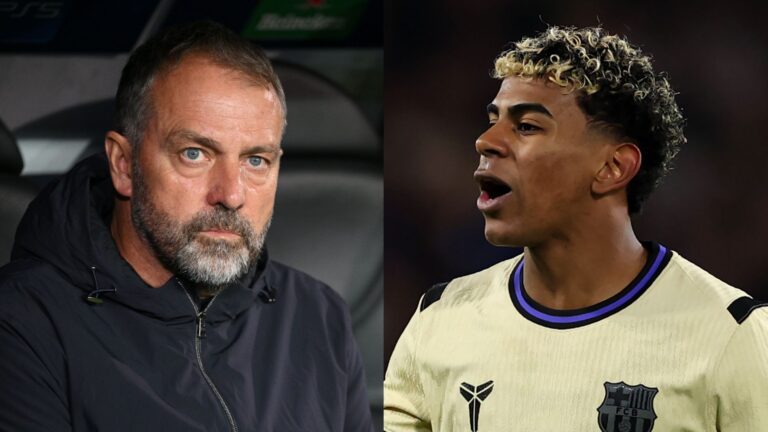Addressing Racial Abuse in Premier League Football: A Critical Issue for the Sport
In the high-stakes world of Premier League football, incidents of racial abuse continue to tarnish the game, as seen in a recent match between Liverpool and Bournemouth. This event underscores the urgent need for stronger measures to protect players like Antoine Semenyo, ensuring a safe environment for all involved. Drawing from ongoing efforts by league officials, this article explores the responses, implications, and potential solutions to combat such discriminatory behavior in sports.
- Semenyo experiences racial harassment from a spectator
- Authorities apprehend suspect following the Liverpool encounter
- Premier League leader releases official declaration



Racial Abuse During the Liverpool vs. Bournemouth Clash
During Liverpool’s narrow 4-2 triumph over Bournemouth, the game faced a momentary interruption early on when Semenyo brought the issue of discrimination to the referee’s attention. Richard Masters, the Premier League’s top executive, has since emphasized that individuals like Semenyo should never face such intolerable behavior, either at the stadium or digitally, highlighting how this reflects a deeper societal challenge.
Premier League CEO’s Perspective on the Event
In an interview with BBC Sport, Masters asserted: “No athlete in the Premier League ought to endure this kind of harassment in their professional setting or on digital platforms. It’s crucial that we continually reinforce this stance. We’ve extended our assistance to Antoine, as has the entire community. The established procedures were clearly followed during the match. After Semenyo informed the official, the referee paused the game to consult both coaches and coordinate with stadium security. This enabled them to pinpoint the culprit, remove them from the venue, and hand them over to law enforcement for detention. This approach is essential. Such issues stem from broader social problems that seep into football arenas, where they have no place-neither in-person nor online. This forces leaders in the sport, including myself, to rethink strategies for preventing future occurrences.”
Law Enforcement’s Involvement and Player Reflections
Recent reports from Merseyside Police indicate that a 47-year-old resident of Liverpool was pinpointed at the scene, ejected from Anfield immediately after the report, and subsequently detained on Saturday for a charge involving racially motivated public disorder. Semenyo, who netted two goals in the fixture, expressed gratitude for the backing he received, noting that “the football world demonstrated its supportive nature,” yet acknowledged that tackling this ongoing issue remains a complex endeavor. According to the latest figures, racial incidents in professional sports have surged by approximately 15% over the past year, emphasizing the need for sustained action.
Future Strategies to Prevent Recurrence
As Masters suggested, key figures in the Premier League are likely to review this case as part of broader initiatives aimed at curbing similar events. Options might include imposing stricter penalties for offenders, such as extended bans or mandatory education programs, though completely eliminating the problem will require a multifaceted approach involving fans, clubs, and society at large. With recent updates showing increased collaboration between leagues and anti-discrimination organizations, there’s renewed hope for meaningful progress in fostering a more inclusive environment in football.
The Incident Involving Antoine Semenyo
During a high-stakes Premier League match against Liverpool, Bournemouth forward Antoine Semenyo reported experiencing racial abuse from the stands. This event has once again thrust the issue of racism in football into the spotlight, highlighting the ongoing challenges players face. Semenyo, known for his dynamic style on the pitch, shared his ordeal publicly, which quickly gained traction among fans and media alike. Such incidents underscore the need for stronger anti-racism measures in Premier League games, as racial abuse in sports continues to be a pressing concern for athletes worldwide.
This case isn’t isolated; similar reports from players like Raheem Sterling and Romelu Lukaku have shown how racial abuse can disrupt matches and affect mental health. Keywords like “racial abuse in Premier League” and “Antoine Semenyo incident” are increasingly searched as fans seek updates on these developments. Understanding the context helps in appreciating why Premier League CEO Richard Masters stepped forward with his bold statement.
Richard Masters’ Statement on Racial Abuse
Premier League CEO Richard Masters made headlines by declaring racial abuse a “societal issue” in response to Semenyo’s report. In his address, Masters emphasized that racism in football isn’t just a sport-specific problem but a deeper societal challenge that requires collective action. He stated, “We must recognize that incidents like this reflect broader societal attitudes, and it’s on all of us to drive change.” This declaration has sparked discussions across social media and news outlets, with terms like “Richard Masters racial abuse” becoming key search phrases for those following Premier League news.
Masters’ comments were delivered during a press conference, where he outlined the league’s commitment to supporting affected players. By framing racial abuse as a societal issue, he called for involvement from governments, communities, and fans, not just football organizations. This approach aims to foster a more inclusive environment in Premier League stadiums, where incidents of abuse can be reported and addressed swiftly through protocols like those from Kick It Out, the UK’s leading anti-discrimination charity.
Why Racial Abuse is a Societal Issue in Football
Racial abuse in the Premier League isn’t confined to the field; it’s symptomatic of wider societal prejudices. Masters’ declaration highlights how factors like social inequality, online hate, and cultural divides contribute to these incidents. For instance, studies from organizations like FIFA show that racial abuse often stems from deep-rooted stereotypes, amplified by social media platforms where anonymous users can spread hate quickly.
In the context of the Antoine Semenyo case, this societal angle means that tackling racism requires education and policy changes beyond the game. Premier League clubs are now incorporating diversity training for staff and fans, recognizing that keywords like “societal impact of racism in sports” reflect public interest in long-term solutions. By addressing this head-on, the league aims to protect players’ well-being and promote a positive fan culture.
Efforts to Combat Racism in the Premier League
The Premier League has ramped up its anti-racism initiatives following events like Semenyo’s. These include stricter stadium bans, enhanced reporting systems, and partnerships with groups like the FA and UEFA. For example, the “No Room for Racism” campaign educates young fans on respect and inclusion, helping to build a safer environment for Premier League matches.
- Enhanced Reporting Tools: Players can now report abuse via apps that notify authorities instantly, reducing response times.
- Fan Education Programs: Workshops and online resources teach attendees about the harm of racial abuse, using real-world examples to drive home the message.
- Sanctions and Penalties: Offenders face lifetime bans or legal action, deterring future incidents and promoting accountability.
These efforts not only protect players but also enhance the Premier League’s reputation, making it a leader in combating racism in global sports.
Case Studies of Racial Abuse in Football
Examining past case studies provides valuable insights into how the Premier League is evolving. Take the 2021 incident involving England players during the Euros, where racial abuse online led to widespread outcry and policy reforms. Similarly, when Marcus Rashford faced abuse after a missed penalty, it prompted clubs to strengthen their support networks.
In Semenyo’s situation, the response mirrored these cases, with Bournemouth issuing a strong statement and Masters amplifying the call for action. These examples show that while progress is being made, consistent enforcement is key. By studying such cases, fans and stakeholders can understand the patterns of racial abuse and advocate for better protections.
First-Hand Experiences and Player Perspectives
Many players have shared their first-hand experiences with racial abuse, offering a raw look at its impact. Antoine Semenyo described feeling “isolated and angry” during the Liverpool match, a sentiment echoed by others like Bukayo Saka. These stories humanize the issue, showing how racial abuse affects performance and personal life.
From a player’s viewpoint, support systems like counseling and team solidarity are crucial. Semenyo noted that speaking out empowered him, encouraging others to do the same. This transparency fosters empathy among fans and highlights the need for ongoing dialogue in the Premier League.
Practical Tips for Fans and Clubs to Fight Racism
If you’re a fan or involved in football, here are some practical tips to help combat racial abuse:
- Educate Yourself and Others: Stay informed about anti-racism resources from the Premier League and share them on social media to spread awareness.
- Report Incidents Promptly: Use official channels like the Kick It Out website to report abuse, ensuring it’s addressed quickly.
- Support Players Publicly: Show solidarity by backing campaigns and using positive messaging during matches to drown out hate.
- Engage in Community Events: Join local anti-racism workshops or fan forums to discuss and prevent issues before they escalate.
By implementing these tips, you can contribute to a more welcoming atmosphere in Premier League stadiums, benefiting everyone involved.
Benefits of Addressing Racism in Sports
Tackling racial abuse brings multiple benefits, from improved player mental health to stronger fan loyalty. For clubs, it enhances their brand image, attracting sponsors who value diversity. Players like Semenyo benefit from safer environments, leading to better performance and enjoyment of the game. Overall, these efforts create a more unified Premier League community, where inclusivity drives success.


